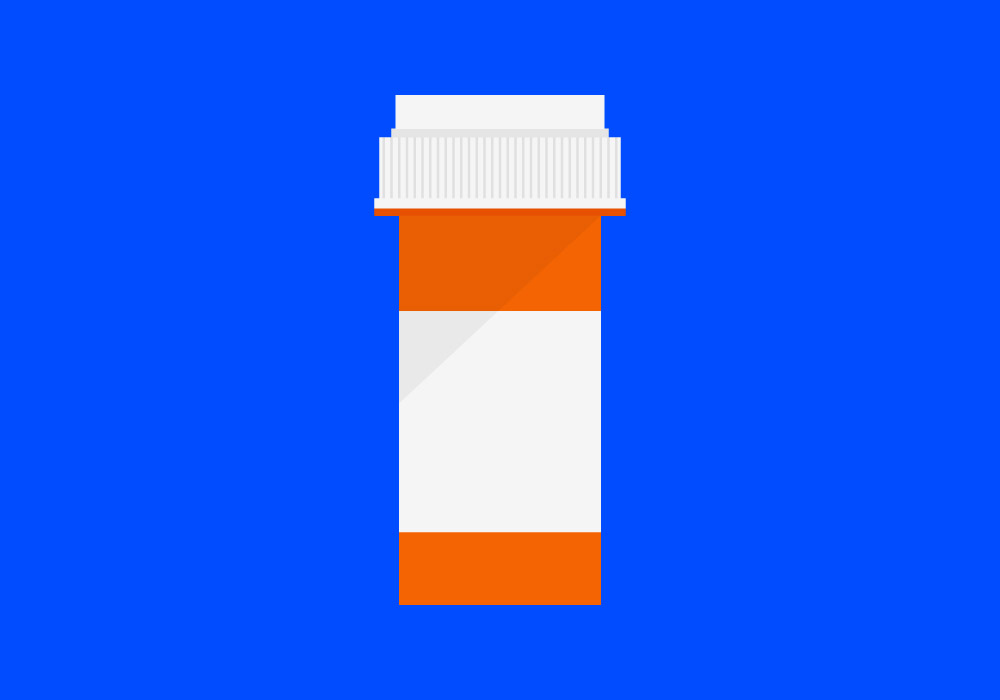
A new study released Thursday finds that aspirin, taken regularly in low doses, is linked to a lower risk for cancer.
In the research, published in JAMA Oncology, researchers examined the correlation between aspirin and cancer in about 136,000 people. The men and women analyzed were part of the Nurses’ Health Study and Health Professionals Follow-up Study, and their data was collected for up to 32 years.
The researchers found that taking aspirin regularly—defined twice a week or more—for at least six years was associated with a 19% drop in risk for colon and rectum cancers, a 15% lower risk for gastrointestinal tract cancers and a 3% lower risk for cancers in general. They didn’t see a link between regular aspirin use and risk reduction for some other cancers, including cancers of the breast, prostate and lung.
The benefits for GI cancers seemed to manifest even with a lower dose of aspirin, starting with half a standard aspirin tablet weekly. It’s not yet clear exactly why the effect appears to be so strong on cancers of the GI region. But the authors speculate that aspirin might be working in a way that’s critical to fighting the early production of tumors. Taking aspirin regularly could prevent anywhere from 8-17% of colorectal cancers in people older than 50, the authors conclude.
However, other research shows that daily aspirin brings with it the risk of internal bleeding (see our earlier piece on who should and who shouldn’t take a daily aspirin). There is also not enough evidence that the risks outweigh the benefits when it comes to preventing a first heart attacks and stroke. People should weight the latest evidence with their doctors.
More Must-Reads From TIME
- The 100 Most Influential People of 2024
- The Revolution of Yulia Navalnaya
- 6 Compliments That Land Every Time
- What's the Deal With the Bitcoin Halving?
- If You're Dating Right Now , You're Brave: Column
- The AI That Could Heal a Divided Internet
- Fallout Is a Brilliant Model for the Future of Video Game Adaptations
- Want Weekly Recs on What to Watch, Read, and More? Sign Up for Worth Your Time
Write to Mandy Oaklander at mandy.oaklander@time.com